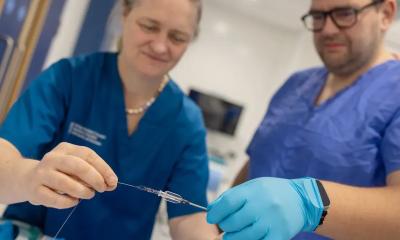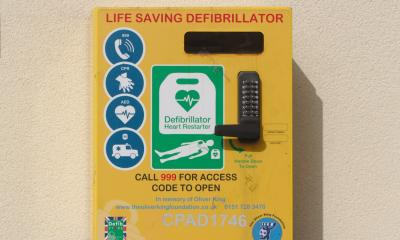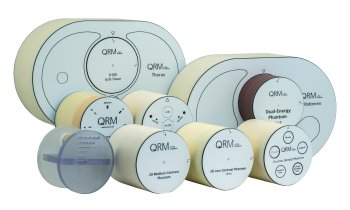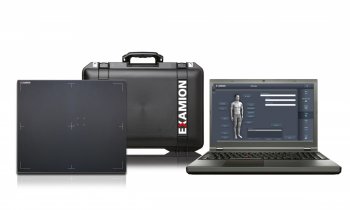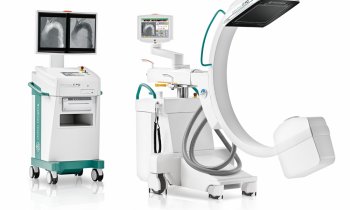Video • Airborne emergency support
Drone delivers defibrillator
Thanks to extended permissions obtained from the Civil Aviation Authority (CAA) in Sweden, autonomous drone company Everdrone will soon provide 200,000 people in Sweden with access to emergency medical deliveries of Automated External Defibrillators (AEDs) by drone as Everdrone expands operations outside the Gothenburg region.
“This is a pivotal milestone,” says Mats Sällström, CEO of Everdrone. “Obtaining these permissions is proof that our technology is ready to scale and that our regulatory model is working. Through our collaboration with the Swedish authorities we are not only setting a new standard for safe autonomous drone operations beyond visual line of sight, but we are also breaking new ground within emergency dispatch.”
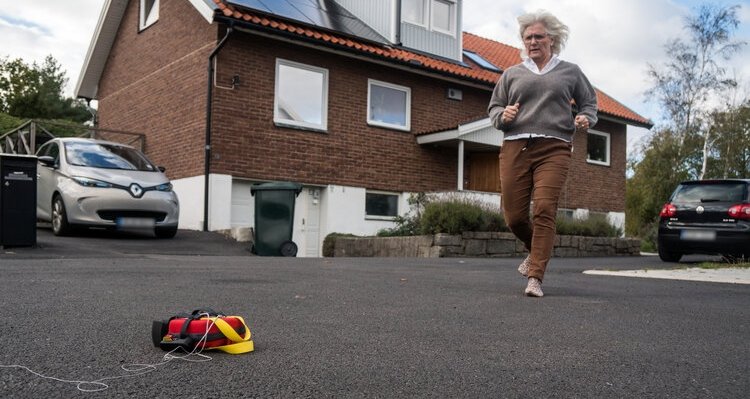
Image source: Everdrone/Mats Sällström
By deploying drones equipped with AEDs to the scene of emergency situations, bystanders are given the ability to initiate life-saving measures while awaiting professional medical care. In case of out-of-hospital cardiac arrest, the chance of survival decreases by 10% with each minute following the collapse, so beating the ambulance response time and thereby enabling early defibrillation can literally mean the difference between life and death.
Everdrone works with Sweden’s national emergency call centre, SOS Alarm, and the Centre for Resuscitation Science at Karolinska Institutet (KI) for research and development. The company also has an established partnership with Copenhagen Emergency Medical Services with the intention to expand operations to Denmark in 2021.
Source: Everdrone
07.04.2021




